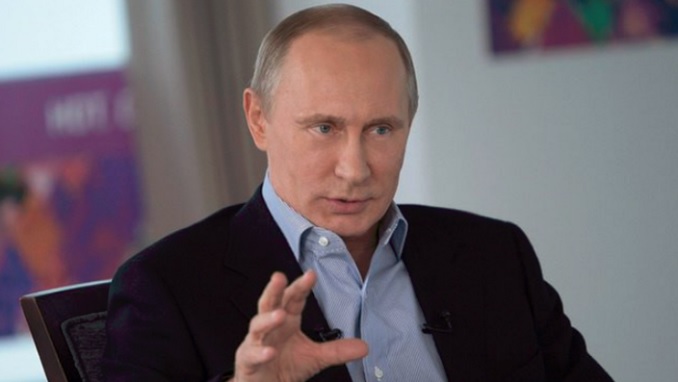Russian President Vladimir Putin has announced plans to extend the existing capital amnesty program for at least another year, which is designed to encourage the return of capital to the country, Nezavisimaya Gazeta reports.
The bill, adopted last year, allowed Russian citizens living abroad to come back to the country without facing any tax or other penalties. It was explained by authorities as allowing people who have made any “mistakes in their business activities” to declare the property and become completely law-abiding citizens.
Putin rolled out the idea of returning capital back to Russia in 2002, encouraging businessmen not to keep their money offshore. Amid Western sanctions and the deteriorating international situation in 2014, the legislation was described as a call to patriots to consolidate their capital in the motherland, the paper writes.
However, according to analysts, the outcome of the amnesty was rather contradictory. According to a Reuters poll carried out in 2017, most Russian businessmen prefer to keep their capital outside of Russia’s jurisdiction. Moreover, nearly one-third of Russia’s 500 leading business figures left the country after the law came into effect.
Experts who spoke to Nezavisimaya Gazeta note that there are still chances that mass repatriation of capital will take place.
“It is noteworthy that amid the worsening ties with the West of late, the mechanisms of sanctions pressure on Russian residents have resulted in their funds being fully frozen. Many prefer to avoid this risk,” said Artem Deyev, an analyst at forex trading company AMarkets.
Vladimir Tikhomirov, chief economist at BCS Global Markets, believes that no major capital return is on the horizon.
“The key reasons for capital flight are uncertainty by investors in defending their money injections and tax evasion, and the extension of amnesty won’t change that,” he said. The expert pointed to another contradiction: while seeking to return capital, the Russian authorities are not interested in improving ties with businesses by creating a strong and independent court, reducing the state’s role in the economy or ensuring a transparent and stable tax regime.
“The courts almost always back the authorities’ position, the state is only tightening its control over the economy, while tax and other conditions for conducting business are changing all the time,” Tikhomirov noted.












